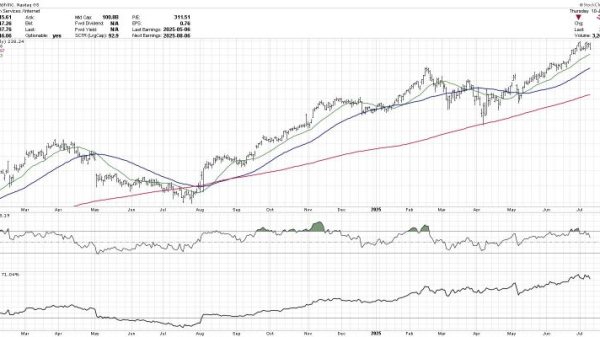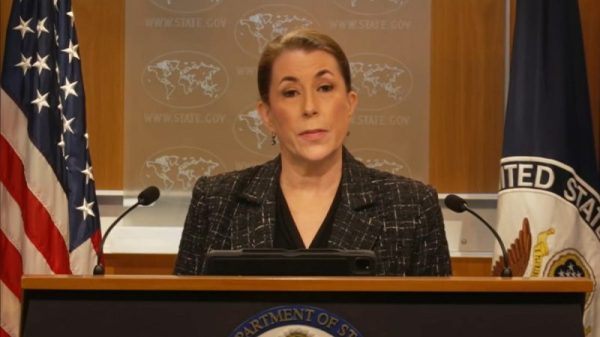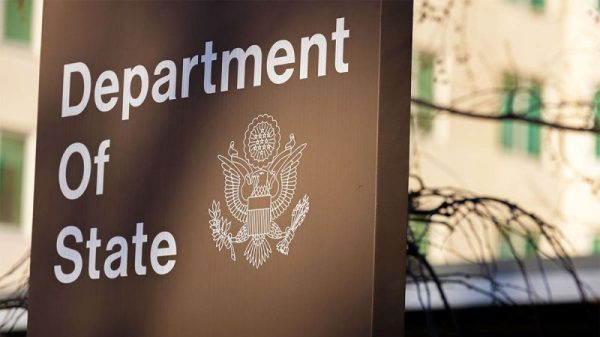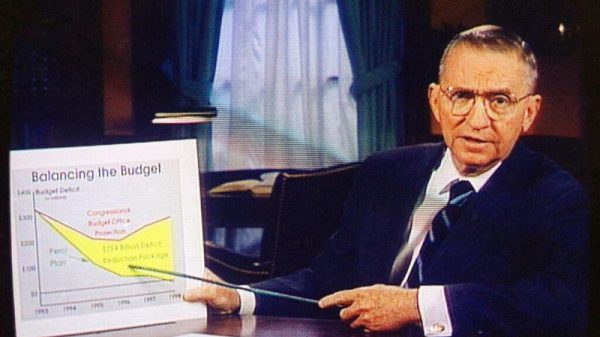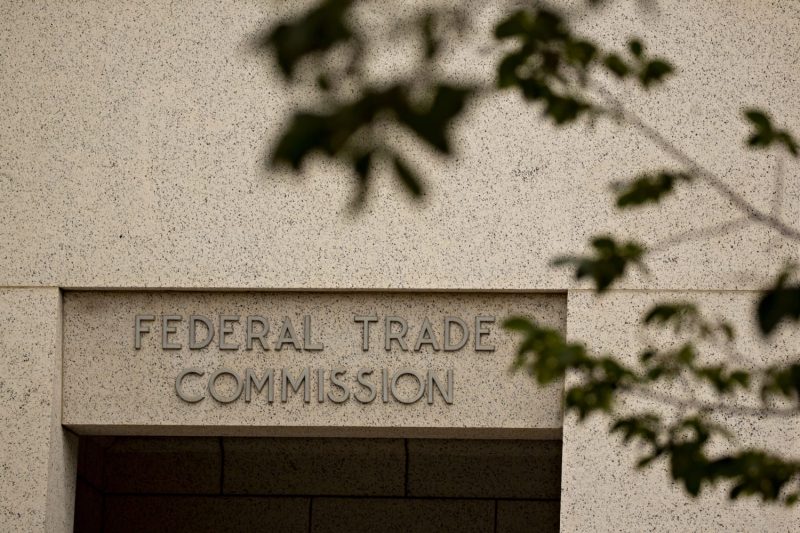The Federal Trade Commission Accuses Three Drug Middlemen of Inflating Insulin Prices
The healthcare industry in the United States has long been mired in controversies surrounding the rising costs of prescription drugs, particularly insulin, a vital medication for millions of Americans with diabetes. In a recent development, the Federal Trade Commission (FTC) has accused three major drug middlemen of engaging in anti-competitive practices that have led to inflated insulin prices, further exacerbating the burden on patients.
The three companies at the center of the FTC’s investigation are Express Scripts, CVS Health, and OptumRx, all of which play significant roles in the pharmaceutical supply chain. These middlemen, also known as pharmacy benefit managers (PBMs), act as intermediaries between drug manufacturers, health insurers, and pharmacies, negotiating prices and determining which medications are covered by insurance plans.
According to the FTC’s complaint, the three PBMs have allegedly conspired to maintain their market dominance and stifle competition, resulting in higher prices for insulin and other essential medications. By engaging in anticompetitive practices such as steering patients towards certain brands of insulin and excluding rival products from their formularies, the PBMs have effectively limited consumer choice and prevented lower-priced alternatives from entering the market.
The implications of the FTC’s accusations are significant, as insulin prices have more than tripled over the past decade, placing a heavy financial burden on diabetic patients who rely on the medication to manage their condition. The rising costs of insulin have forced many individuals to ration their doses or forego treatment altogether, leading to serious health complications and even death in some cases.
In response to the allegations, the three PBMs have denied any wrongdoing and expressed their commitment to providing affordable and accessible healthcare to consumers. They argue that they play a crucial role in negotiating discounts with drug manufacturers and ensuring that patients have access to the medications they need.
However, critics of the PBMs point to their opaque practices and lack of transparency in pricing negotiations as contributing factors to the skyrocketing costs of prescription drugs. The FTC’s investigation signals a growing recognition of the need to address these issues and hold industry players accountable for their role in driving up healthcare costs.
Moving forward, it is essential for regulators, policymakers, and healthcare stakeholders to work together to foster a more competitive and transparent pharmaceutical market that prioritizes the needs of patients. By promoting greater price transparency, encouraging competition among drug manufacturers and PBMs, and implementing reforms to improve access to affordable medications, we can take important steps towards addressing the root causes of rising drug prices and ensuring that all individuals have access to the care they need to live healthy and productive lives.


